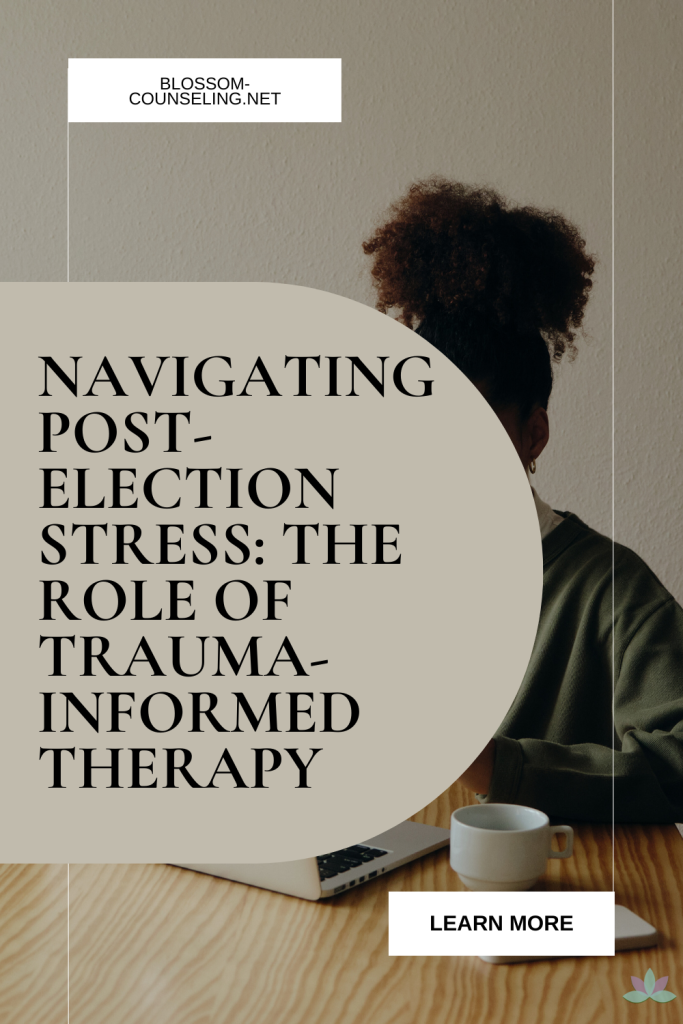 Exam stress can sneak up on you fast. One minute you feel like you are managing things, and the next you are convinced you will forget everything the second the test begins. Whether you are a high school student pushing through finals or a college student swimming in deadlines, it can feel like the pressure is sitting on your chest. The truth is that you are not powerless. There are ways to steady yourself, even when your to-do list is loud and your brain feels scrambled.
Exam stress can sneak up on you fast. One minute you feel like you are managing things, and the next you are convinced you will forget everything the second the test begins. Whether you are a high school student pushing through finals or a college student swimming in deadlines, it can feel like the pressure is sitting on your chest. The truth is that you are not powerless. There are ways to steady yourself, even when your to-do list is loud and your brain feels scrambled.
Why Exam Stress Hits So Hard
When you are stressed, your mind shifts into survival mode. Your heart races, your thoughts speed up, and your brain focuses on what could go wrong. It is a normal response to feeling overwhelmed, but it makes studying feel harder than it actually is. You are not broken. Your mind is trying to protect you. We just have to help it find a calmer path.
Focus on Being Prepared, Not Perfect
A lot of exam stress comes from that inner voice that says you must master everything or you have failed. That voice is loud, but it is not telling the truth. Studying is about pacing yourself, not pushing until you burn out. Try setting goals that feel human. Study for a short stretch, take a break, then return with a clearer mind. Small, steady steps build confidence and soften the stress.
Let Stress Become a Signal, Not a Threat
Stress shows up because you care. Instead of fighting it, try gently acknowledging it. Shifting your mindset from “I am panicking” to “I want to do well” can help you feel more grounded. Once you name it without judging it, you can choose what comes next. Maybe that is a breathing exercise, a short walk, or talking things through with someone supportive.
Rest Is Part of Studying
Your brain cannot hold information when it is running on empty. Rest is not a luxury during exam season. It is a requirement. Sleep, meals, movement, and time away from screens all help you think more clearly and feel less overwhelmed. When you take care of yourself, you study better.
Do Not Isolate Yourself
When you study alone in a stress spiral, it is easy to feel like you are the only one struggling. You are not. Studying with others, co-working, or even just sharing how you feel can make things feel lighter. Community helps you remember you are human and you are not in this alone.
Know When You Need to Slow Down
If you are snapping at people, forgetting basic things, waking up stressed, or feeling wired and exhausted at the same time, your mind and body may be asking for a pause. These are signs to regroup. Your well-being matters more than any exam.
You deserve support during stressful seasons. You deserve steadiness, clarity, and care. With a few small shifts and a little self-compassion, you can get through exam season without losing the part of you that needs nurturing too.
Therapy for educators, professionals, and recent grads navigating burnout, identity, and purpose.
📍 In-person in Collegeville | Telehealth across Pennsylvania




